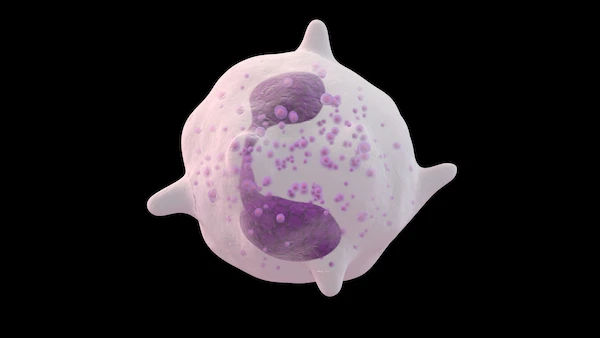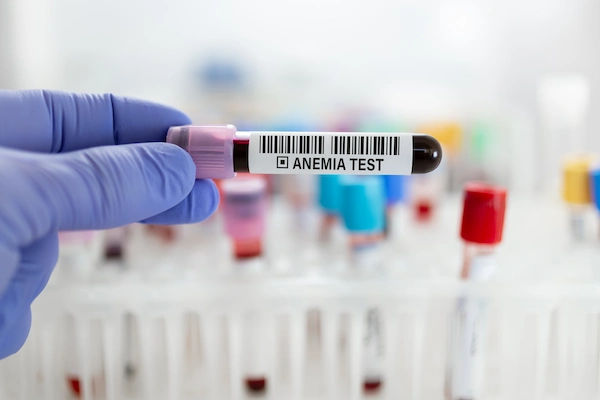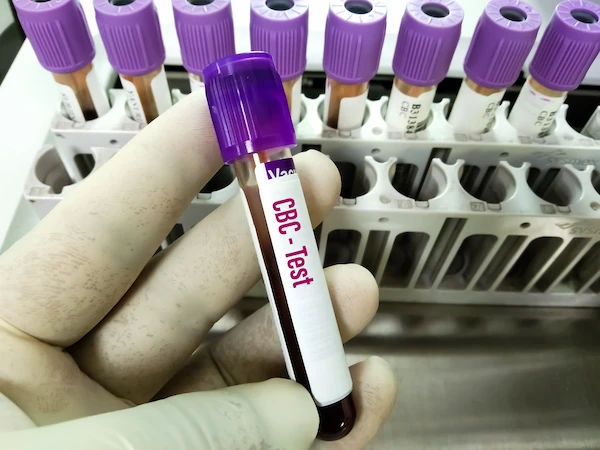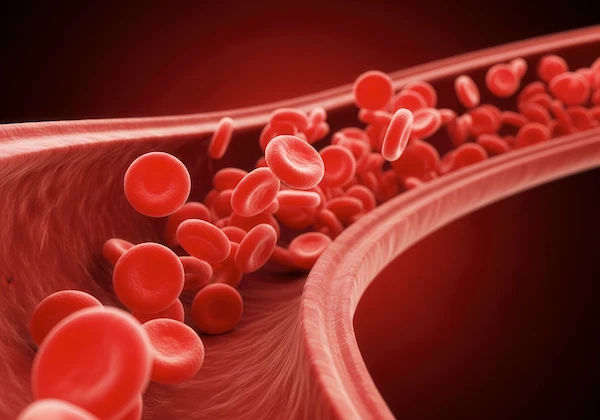Hemoglobin Levels and Erythropoiesis Factors
Learn about the relationship between hemoglobin levels and erythropoiesis, the process of red blood cell production. Understand the factors that influence this process and its impact on overall health.

Written by Dr. Mohammed Kamran
Reviewed by Dr. Rohinipriyanka Pondugula MBBS
Last updated on 13th Aug, 2025

Maintaining healthy hemoglobin levels is essential for overall well-being. Hemoglobin is a protein in your red blood cells that carries oxygen from your lungs to the rest of your body. When hemoglobin levels are too low, it can lead to fatigue, weakness, and other health concerns. On the other hand, abnormal increases can also indicate underlying issues.
In this article, we’ll explore what hemoglobin does, how it’s produced (a process called erythropoiesis), factors affecting its levels, and ways to keep them balanced for better health.
What is Hemoglobin?
Hemoglobin is an iron-rich protein found in red blood cells (RBCs). Its main job is to transport oxygen from your lungs to tissues and organs while carrying carbon dioxide (a waste product) back to the lungs to be exhaled.
A healthy hemoglobin range varies by age and gender:
- Men: 13.8–17.2 g/dL
- Women: 12.1–15.1 g/dL
- Children: Varies by age
When levels fall below normal, it’s called anemia; if they’re too high, it may indicate other health conditions.
Consult a Top Specialist
What is Erythropoiesis?
Erythropoiesis is the process by which your body produces new red blood cells (RBCs), including hemoglobin. This happens in the bone marrow and is regulated by a hormone called erythropoietin (EPO), produced mainly by the kidneys.
Key Factors Affecting Erythropoiesis:
- Erythropoietin (EPO): Signals the bone marrow to make more RBCs.
- Iron: Essential for hemoglobin production.
- Vitamin B12 & Folate: Help in RBC formation.
- Healthy Kidneys: Since EPO is made in the kidneys, kidney disease can disrupt RBC production.
- Bone Marrow Health: Conditions like leukemia or bone marrow disorders can affect erythropoiesis.
If any of these factors are disrupted, it can lead to low hemoglobin levels and anemia.
Causes of Low Hemoglobin (Anemia)
Low hemoglobin is common and can result from:
- Iron deficiency (most common cause)
- Vitamin B12 or folate deficiency
- Chronic diseases (kidney disease, infections, cancer)
- Blood loss (heavy periods, ulcers, surgery)
- Bone marrow disorders
Symptoms of Low Hemoglobin:
- Fatigue & weakness
- Pale skin
- Shortness of breath
- Dizziness
- Cold hands & feet
Causes of High Hemoglobin
While less common, high hemoglobin can occur due to:
- Dehydration (temporary increase)
- Lung or heart disease (body compensates by making more RBCs)
- Smoking (reduces oxygen efficiency)
- Polycythemia vera (a rare blood disorder)
Symptoms of High Hemoglobin:
- Headaches
- Blurred vision
- Itchy skin
- Blood clots (increased risk)
How to Maintain Healthy Hemoglobin Levels?
Below are the ways to maintain healthy hemoglobin levels,
1. Eat a Balanced Diet
- Iron-rich foods: Spinach, lentils, red meat, tofu, nuts.
- Vitamin C: Helps iron absorption (oranges, bell peppers, tomatoes).
- Vitamin B12 & Folate: Eggs, dairy, leafy greens, fortified cereals.
2. Stay Hydrated
- Dehydration can falsely elevate hemoglobin levels. Drink enough water daily.
3. Exercise Regularly
- Moderate exercise improves oxygen circulation and RBC production.
4. Avoid Smoking & Excessive Alcohol
- Both can disrupt oxygen levels and RBC production.
5. Manage Chronic Conditions
- If you have kidney disease, diabetes, or other chronic illnesses, follow your doctor’s advice to prevent anemia.
6. Get Regular Check-ups
- A simple Complete Blood Count (CBC) test can monitor hemoglobin levels.
Get Your Health Assessed
When to See a Doctor?
Consult a healthcare provider if you experience:
- Persistent fatigue
- Unexplained weakness
- Shortness of breath
- Frequent dizziness
If you suspect low or high hemoglobin, Apollo 24|7 offers easy blood tests and expert consultations to help diagnose and manage your condition.
Final Thoughts
Hemoglobin plays a crucial role in keeping your body oxygenated and energized. By understanding erythropoiesis and the factors affecting hemoglobin levels, you can take steps to maintain a healthy balance. A nutrient-rich diet, hydration, and regular health checks go a long way in preventing complications.
Consult a Top Specialist
Consult a Top Specialist

Dr Divya Lekha Gunta
General Practitioner
10 Years • MBBS, MD (Pathology)
Visakhapatnam
Apollo 24|7 Clinic - Andhra Pradesh, Visakhapatnam

Dr. Vasanthasree Nair
General Practitioner
15 Years • MBBS
Angamaly
Apollo 24|7 Clinic - Kerala, Angamaly
(525+ Patients)

Dr. Siri Nallapu
General Practitioner
5 Years • MBBS
Hyderabad
Apollo 24|7 Clinic, Hyderabad

Dr. Shesham Srinidhi
General Practitioner
5 Years • MD(physician)
Hyderabad
Apollo 24|7 Clinic, Hyderabad
(150+ Patients)

Dr. Praveen Kumar Mukka
General Physician/ Internal Medicine Specialist
21 Years • MBBS, MD General Medicine
Hyderabad
Apollo 24|7 Clinic - Telangana, Hyderabad
(100+ Patients)
Consult a Top Specialist

Dr Divya Lekha Gunta
General Practitioner
10 Years • MBBS, MD (Pathology)
Visakhapatnam
Apollo 24|7 Clinic - Andhra Pradesh, Visakhapatnam

Dr. Vasanthasree Nair
General Practitioner
15 Years • MBBS
Angamaly
Apollo 24|7 Clinic - Kerala, Angamaly
(525+ Patients)

Dr. Siri Nallapu
General Practitioner
5 Years • MBBS
Hyderabad
Apollo 24|7 Clinic, Hyderabad

Dr. Shesham Srinidhi
General Practitioner
5 Years • MD(physician)
Hyderabad
Apollo 24|7 Clinic, Hyderabad
(150+ Patients)

Dr. Praveen Kumar Mukka
General Physician/ Internal Medicine Specialist
21 Years • MBBS, MD General Medicine
Hyderabad
Apollo 24|7 Clinic - Telangana, Hyderabad
(100+ Patients)



.webp)

